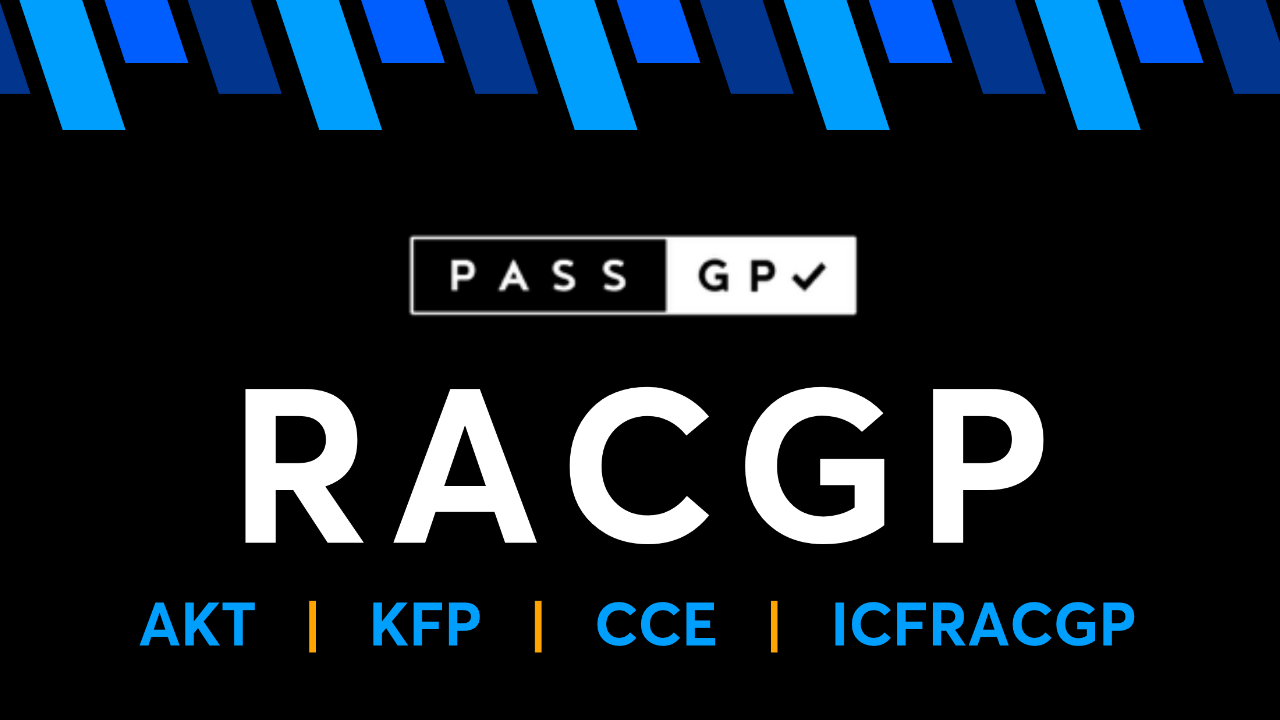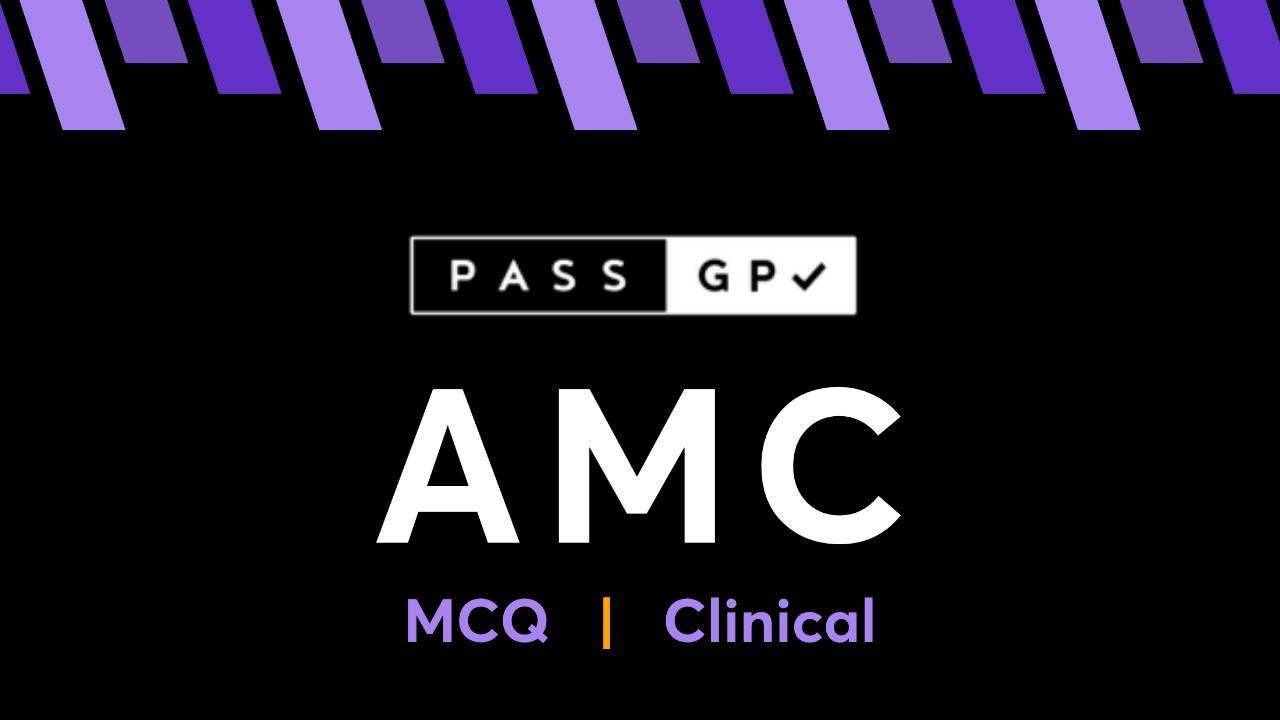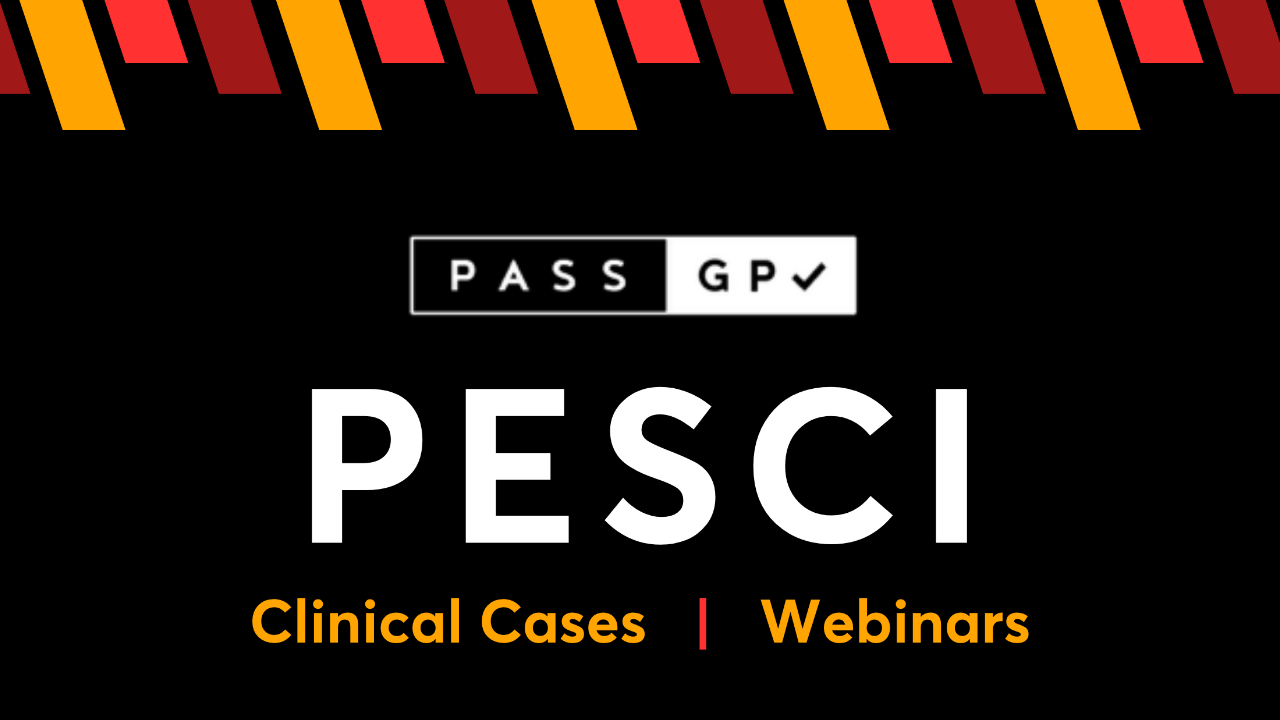What Is the PESCI? A Guide for IMG Doctors Entering Australian General Practice
Aug 05, 2025
Practice
If you’re an international medical graduate (IMG) looking to work as a GP in Australia, you’ve probably come across the term PESCI - but what exactly is it, and do you need one?
The Pre-Employment Structured Clinical Interview (PESCI) is often a non-negotiable step for IMGs seeking AHPRA registration and access to general practice roles. It’s also one of the most misunderstood.
In this guide - written in collaboration with A/Prof George Eskander, Chief Examiner of PassGP - we’ll explain:
- What the PESCI is
- When it’s required
- What it tests
- How to prepare
- What role PassGP plays in your success
What Is the PESCI?
PESCI stands for Pre-Employment Structured Clinical Interview.
It is a formal, structured clinical assessment used by AHPRA to determine whether an IMG is safe and suitable to work in a specific general practice position under Limited or Provisional Registration.
It is not an exam, but it is high-stakes.
As A/Prof Eskander puts it:
“The PESCI is one of the few barriers left before an IMG can enter supervised GP work in Australia. It doesn’t just assess knowledge - it tests judgement, communication, and awareness of your limits.”
Do You Need a PESCI?
You’ll need a PESCI if:
- You do not have General Registration
- You’re applying for Limited or Provisional Registration via AHPRA
- You’re applying for a job in general practice (e.g. FSP, remote locum, after-hours clinic)
You won’t need a PESCI if:
- You already have General Registration
- You’re entering via the Specialist Pathway (Substantially Comparable) and have already passed college assessment
Still unsure? AHPRA will tell you during your job offer process whether a PESCI is required for your specific application.
Who Runs the PESCI?
PESCIs are conducted by accredited bodies, such as:
- RACGP PESCI panels
- ACRRM PESCI panels
- Independent assessment bodies (e.g. Conjoint Medical Assessments)
The panel usually includes:
- A medical educator or GP
- An IMG-experienced assessor
- Sometimes a layperson or regulator
What Happens During the PESCI?
Each PESCI lasts 60–90 minutes and includes:
- 3–5 clinical scenarios (presented verbally)
- Questions about your scope of practice
- Safety, emergency, and ethical dilemmas
- Discussion of the job description, your supervision needs, and proposed clinic setup
You’ll be assessed on:
|
Domain |
Examples |
|
Clinical reasoning |
Making diagnoses, choosing investigations |
|
Communication |
Explaining to patients, building rapport |
|
Cultural safety |
Indigenous care, refugee health, health literacy |
|
Scope of practice |
What you can do independently vs supervised |
|
Emergency management |
When to escalate, refer, or call for help |
A Typical PESCI Scenario
“You’re working in a rural GP clinic. A 2-year-old child is brought in with fever, reduced oral intake, and a non-blanching rash. How do you manage this presentation?”
You must:
- Recognise red flags
- Assess safety and urgency
- Know referral pathways
- Communicate clearly to family
- Explain escalation or transfer
- Stay within your scope of practice
It’s not just about diagnosis - it’s about how you think and act under uncertainty.
Why Candidates Fail the PESCI
|
Common Error |
Why It Fails |
|
Overconfidence |
IMG suggests procedures without supervision |
|
Poor safety netting |
Doesn’t explain what to do if condition worsens |
|
Inadequate triage |
Fails to recognise emergencies or refer |
|
Generic answers |
Doesn’t tailor to clinic or job scope |
|
Lack of local knowledge |
Doesn’t understand Medicare, health systems, child protection, etc. |
How PassGP Helps You Pass the PESCI
PassGP offers targeted preparation for IMG candidates facing the PESCI.
We provide:
- 1:1 coaching with experienced PESCI assessors
- 📋 Practice scenarios based on current RACGP and ACRRM themes
- 📣 Structured feedback on communication, cultural safety, and escalation
- 🧾 Workplace documentation guidance (e.g. referrals, safety-netting, risk communication)
A/Prof Eskander and the PassGP faculty understand exactly what PESCI panels look for - and how to help you meet that standard, confidently and safely.
When Should You Start Preparing?
We recommend preparing at least 4–6 weeks before your scheduled PESCI, especially if:
- English is your second language
- You’ve never worked in the Australian system
- You’ve never done a formal clinical interview or OSCE
What Comes After PESCI?
If you pass:
- AHPRA grants Limited/Provisional Registration
- You can begin work in the approved clinic under supervision
- You may be eligible to join the FSP (RACGP) or IP (ACRRM)
- You’ll begin preparing for your Fellowship exams (AKT, KFP MSQ, CCE or StAMPS)
PassGP supports you all the way - with over 4,500 exam questions, mock cases, and the same safety-first reasoning style that got you through your PESCI.
Final Thoughts
The PESCI isn’t a trick. It’s a safety check - to ensure that every patient, even in the most remote clinics, is cared for by a doctor who is thoughtful, safe, and aware of their role.
At PassGP, we’re here to help you not just pass your PESCI, but to succeed in your entire GP training journey.
Start your free trial today and access mock PESCI coaching, clinical reasoning tools, and real examiner support - all in one platform.







